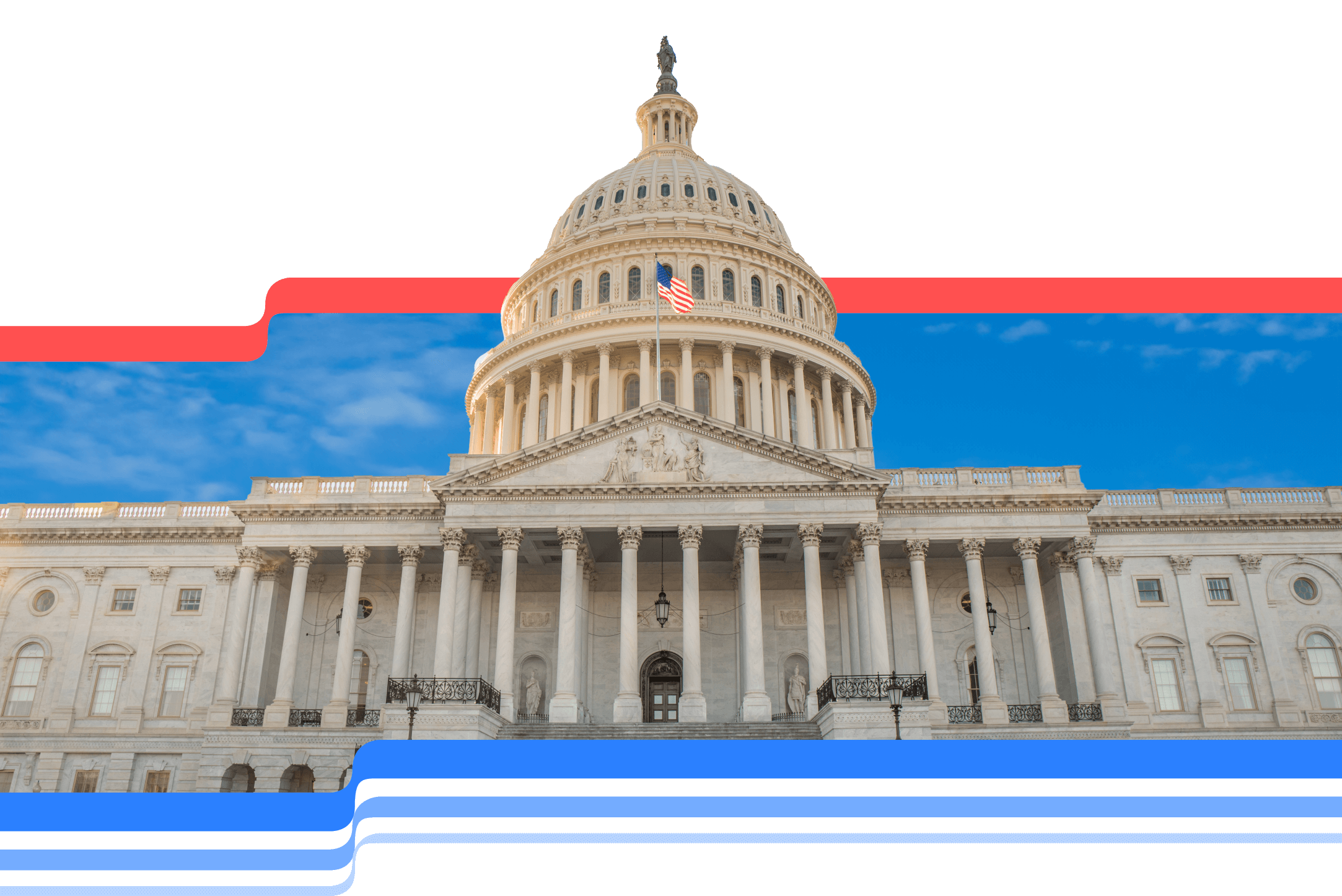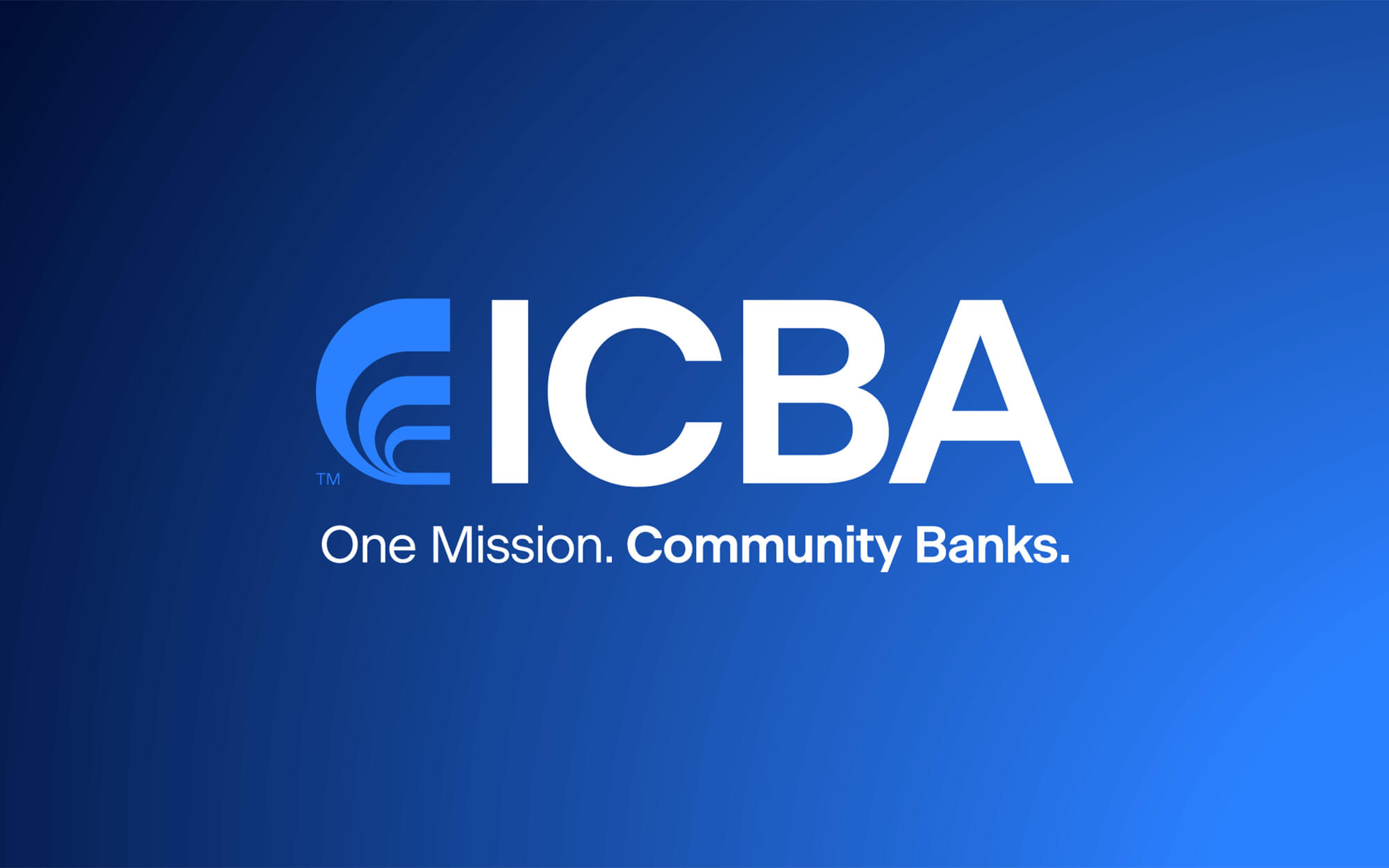The Honorable Mitch McConnell | The Honorable Chuck Schumer Minority Leader United States Senate 322 Hart Senate Office Building Washington DC 20510 |
| The Honorable Nancy Pelosi Speaker United States House of Representative Washington, D.C. 20515 | The Honorable Kevin McCarthy Minority Leader United States House of Representative Washington, D.C. 20515 |
Download this letter
Dear Majority Leader McConnell, Minority Leader Schumer, Speaker Pelosi, and Minority Leader McCarthy:
On behalf of community banks across the country, with more than 52,000 locations, thank you for your ongoing commitment to developing and enacting policy to confront a historic pandemic and its economic fallout. ICBA is pleased that Congress is considering much-needed reforms to the Paycheck Protection Program (PPP).
Community bankers across the country have worked tirelessly to deliver PPP loans quickly and successfully on behalf of thousands of small businesses. Community banks have been widely recognized for their dedication and commitment to administering the program effectively for struggling borrowers.
PPP loans could be a lifeline for borrowers, if the terms for forgiveness are flexible and realistic, reflecting the complexity and variability of the current business environment. Unfortunately, the forgiveness rules and procedures outlined for small businesses and lenders are far too complex and onerous.
The long-awaited forgiveness guidance released by Treasury last Friday evening was more than a source of disappointment and frustration for lenders and borrowers alike. It opens up a new source of liability risk for community bankers who have acted in good faith.
With this in mind, I urge you to consider community bankers’ recommendations for amending and strengthening the program so that it can more effectively achieve its goal. These recommendations are described below.
More Flexible Spending to Preserve Small Business Viability and Employment
- Provide more flexible forgiveness terms. Currently, a borrower must spend at least 75 percent of loan proceeds on payroll expenses and no more than 25 percent on allowable, non-payroll expenses, a “75/25 split.” ICBA strongly recommends a “50/50 split” which would allow borrowers needed flexibility to spend up to 50 percent of loan proceeds on allowable, non-payroll expenses.
- Provide more flexibility and options on the current 8-week period for spending PPP funds.
Reason for Change
Interested in discussing this and other topics? Network with and learn from your peers with the app designed for community bankers. Join the conversation with ICBA Community.
Many borrowers will be forced to close and lay off employees if they cannot meet their significant fixed expenses such as rent. More flexible spending parameters would allow business to remain viable when COVID-19 restrictions are lifted.
The current 8-week window has proved to be too short and a significant impediment to the use of PPP funds. Many borrowers have not yet reopened or have only recently or partially reopened their businesses.
Easy-to-Use Forms and Procedures for PPP Forgiveness
- For all loans with an original balance of $1 million or less, allow a presumption of compliance based on the borrower’s certification that the funds were used in accordance with the terms of the program.
- Require Treasury and the Small Business Administration (SBA) to promptly provide a straightforward, easy-to-apply approach to loan forgiveness. Nearly all community bank PPP loans are less than $1 million and the vast majority are less than $100,000. The 11-page loan forgiveness application released by Treasury on May 15 is overly complex and detailed.
- Provide a PPP loan forgiveness calculator to allow the borrower and lender to easily determine the forgiven amount.
- Create a streamlined form, comparable to the 1040 EZ, for self-employed borrowers and independent contractors with few resources to complete a complex form.
Reason for Change
- A presumption of compliance for these borrowers will allow business owners to focus on their businesses and the safety of their employees and customers. A threshold of $1 million for presumed compliance would be consistent with Secretary Mnuchin’s intention to focus audit resources on loans in excess of $2 million.
- The certainty provided by a calculator or other simplified process would allow borrowers to focus on sustaining the viability of their businesses. Complex calculations are an unnecessary distraction in a challenging environment. Overly detailed review of each loan is simply not practical for borrowers or lenders.
- Borrowers should not have to hire accountants at expensive and predatory fees to assist with loan forgiveness.
- Borrowers whose first language is not English are struggling with the forgiveness forms and procedures.
Preserve Expense Deduction for PPP Borrowers
- Allow PPP borrowers that also obtain loan forgiveness to deduct payroll and other business expenses. (Small Business Expense Protection Act of 2020, S. 3612)
Reason for Change
- The inability to deduct normal business operating expenses effectively reduces the value of loan forgiveness for struggling businesses and adds unnecessary complexity to tax preparation. We do not believe this was the intention of Congress in creating the PPP.
Thank you for your consideration. We look forward to continuing to work with you to sustain the American economy as this crisis evolves.
Sincerely,
Rebeca Romero Rainey
President & CEO
CC:
Treasury Secretary Steven Mnuchin
Small Business Administration Administrator Jovita Carranza
Members of the U.S. House of Representatives
Members of the United States Senate






